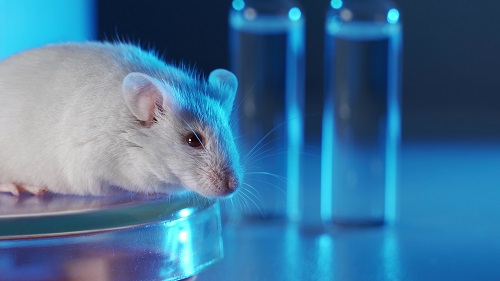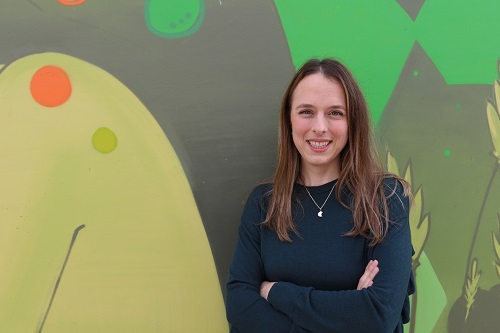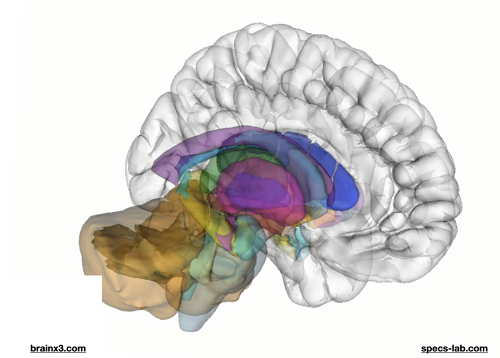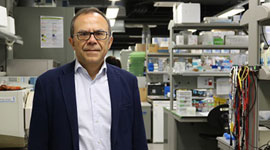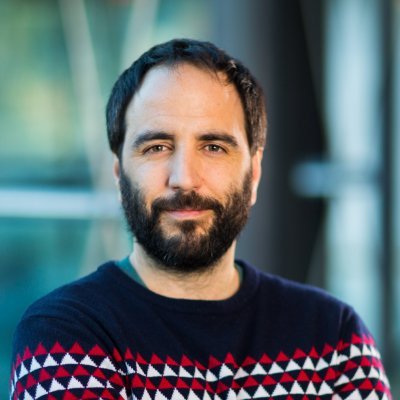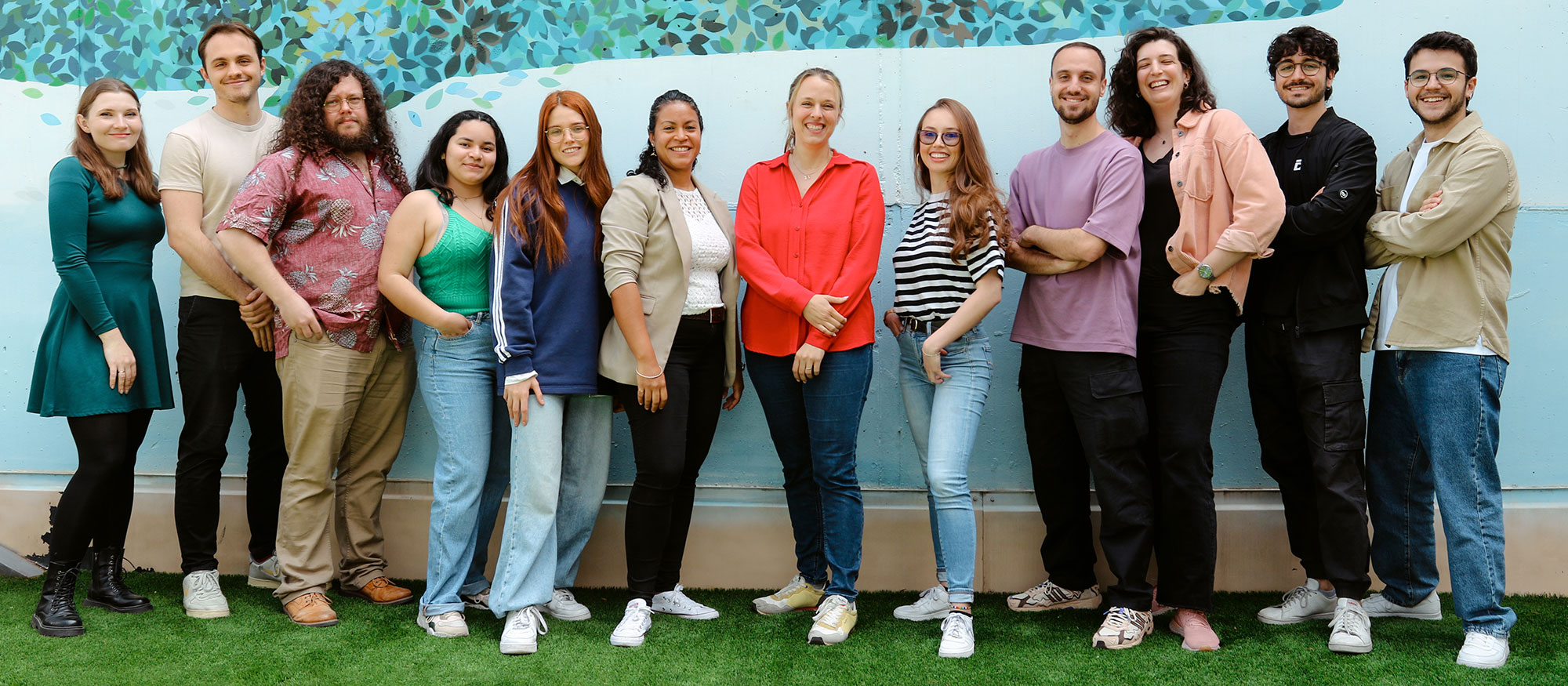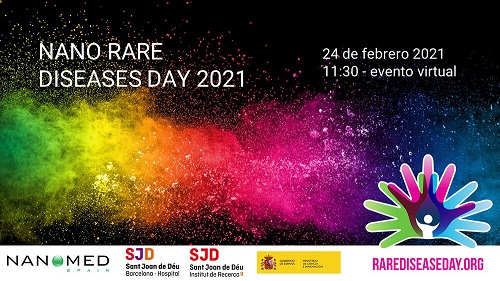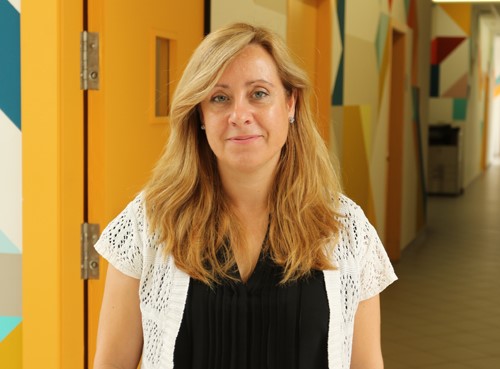Search Results for:
The new “la Caixa” Foundation – BIST Chemical Biology Programme launches a hub in Barcelona for the design of new drugs
The “la Caixa” Foundation and BIST are creating a chemical biology programme to promote two new cutting-edge research groups at IBEC and IRB (both centres are members of BIST). The initiative aims to attract talent from the field of chemical biology, and to create an ecosystem that fosters research excellence in improving health.
Willpower is the key to enhancing learning and memory: researchers uncover the mechanism
An international team led by the SPECS Laboratory at the IBEC has identified, for the first time in humans, the physiological mechanism responsible for the effectiveness of learning processes based on self-motivation and freedom of choice. The protagonists of this mechanism are theta-type brain waves, which regulate the ability of the human hippocampus to fix and retrieve information.
Computer scientist by day, cantaor by night
A computer scientist and a flamenco singer, all in one person? Yes, such a species exists, and, in fact, at IBEC we have a great example. For all those who … Read more
PhD Thesis Defence: Maider Badiola
Compartmentalised microfluidic culture systems for in vitro modelling of neurological and neuromuscular microenvironments Maider Badiola, Nanobioengineering group Movement of skeletal-muscle fibres is generated by the locomotion circuit. Failures in any … Read more
Josep Samitier debates in Barcelona Tribuna
Josep Samitier, director of IBEC, appears in “La Vanguardia” for his participation in the Barcelona Tribune debate on technological innovation and scientific research as great engines to overcome the covid crisis.
IBEC alumni Alberto Elosegui-Artola, new scientific leader at the Francis Crick Institute
Alberto Elosegui-Artola, IBEC alumni and expert in mechanobiology, will start in a few days his own research group to study cell and tissue mechanics at the Francis Crick Institute, in a joint appointment with the Physics Department at King’s College London. This is another example of great success of IBEC alumni in the international scientific arena.
Molecular Imaging for Precision Medicine
OUR FOCUS Development and application of innovative techniques for biomarker in human diseases. We believe that utilizing molecular imaging tools we can uncover abnormalities in cell metabolism and assess treatment … Read more

